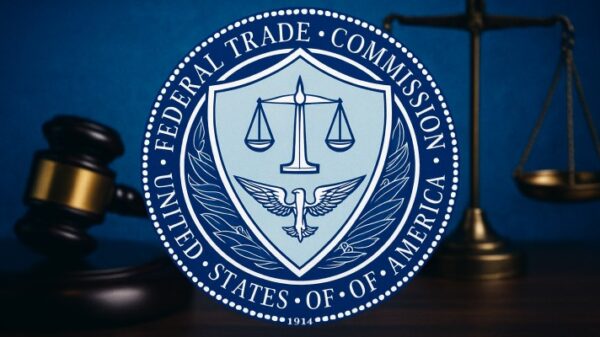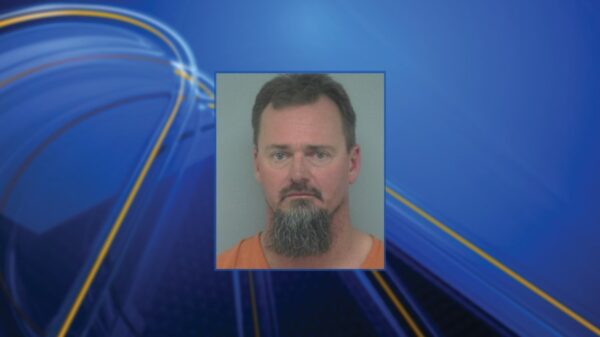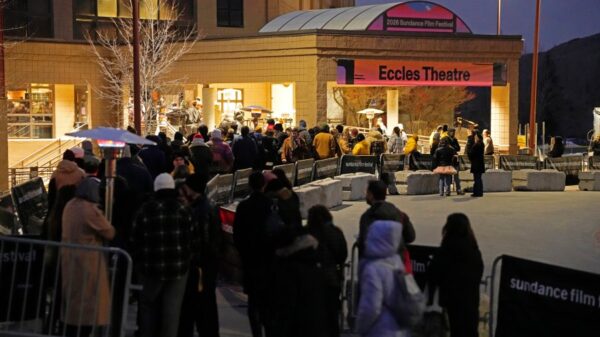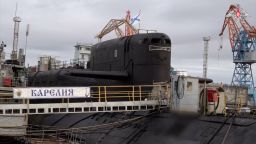The absence of Russian Foreign Minister Sergey Lavrov from a key meeting of the Security Council has sparked intense speculation regarding potential changes within the upper echelons of Russia’s foreign policy. On Friday, Dmitry Peskov, the Kremlin’s spokesperson, sought to quell these rumors by confirming that Lavrov remains in his position. This clarification followed a meeting on Wednesday, during which President Vladimir Putin discussed the possibility of conducting full-scale nuclear tests—a topic that typically garners significant attention.
Lavrov’s notable absence from the Security Council meeting raised eyebrows, particularly as he was the only permanent member not in attendance. Reports from the Russian business daily Kommersant indicated that Lavrov was absent “by agreement,” a phrase that has led to questions about his standing within the government. Compounding the speculation, it was announced that Lavrov would not lead the Russian delegation to the upcoming G20 summit in Johannesburg. Instead, Maxim Oreshkin, the Deputy Chief of Staff of the Presidential Executive Office, was appointed to take charge.
These developments come shortly after the collapse of a planned in-person summit in Budapest between President Putin and US President Donald Trump. Lavrov played a crucial role in efforts to facilitate that meeting, but it was ultimately canceled following a phone call between Lavrov and Marco Rubio, the US Secretary of State. US officials attributed the cancellation to Russia’s persistent hardline stance on Ukraine, which has led to additional sanctions imposed by the Trump administration.
Despite the apparent diplomatic setbacks, the Kremlin seems determined to maintain a façade of unity. When questioned about Lavrov’s status by CNN, Foreign Ministry spokesperson Maria Zakharova affirmed that Lavrov continues to serve, acknowledging his absence from the meeting as not unusual.
Lavrov has been a central figure in Russian diplomacy for over two decades, previously serving as the country’s ambassador to the United Nations. Throughout his tenure, he has remained loyal to Putin, navigating a tumultuous period characterized by heightened tensions with the West, including the 2008 Russo-Georgian war, the 2014 annexation of Crimea, and Russia’s involvement in the Syrian civil war beginning in 2015. He has also been a vocal supporter of Russia’s controversial actions in Ukraine since the 2022 invasion.
At 75 years old, Lavrov’s brash and confrontational style has often mirrored Putin’s ambitions on the world stage. His recent appearance at a summit in Anchorage, Alaska, adorned in a sweater emblazoned with the Soviet Union’s initials, further exemplified his approach to international relations. Yet, as diplomatic tensions with the US escalate, the Kremlin’s internal dynamics may be shifting.
In light of the stalled Budapest summit, Kirill Dmitriev, head of the Russian sovereign wealth fund and a Kremlin envoy, traveled to the United States, sparking speculation about possible damage control efforts. Under Putin’s leadership, loyalty and stability remain paramount, as demonstrated by the previous reshuffling of Sergei Shoigu, the long-serving Minister of Defense, who was not outright dismissed despite setbacks on the battlefield.
In summary, while Lavrov’s absence from the Security Council has ignited questions about his future, the Kremlin’s response appears consistent with its historical approach—maintaining continuity amid internal challenges. The unfolding situation will be closely monitored as Russia navigates its complex foreign relations landscape.








































































